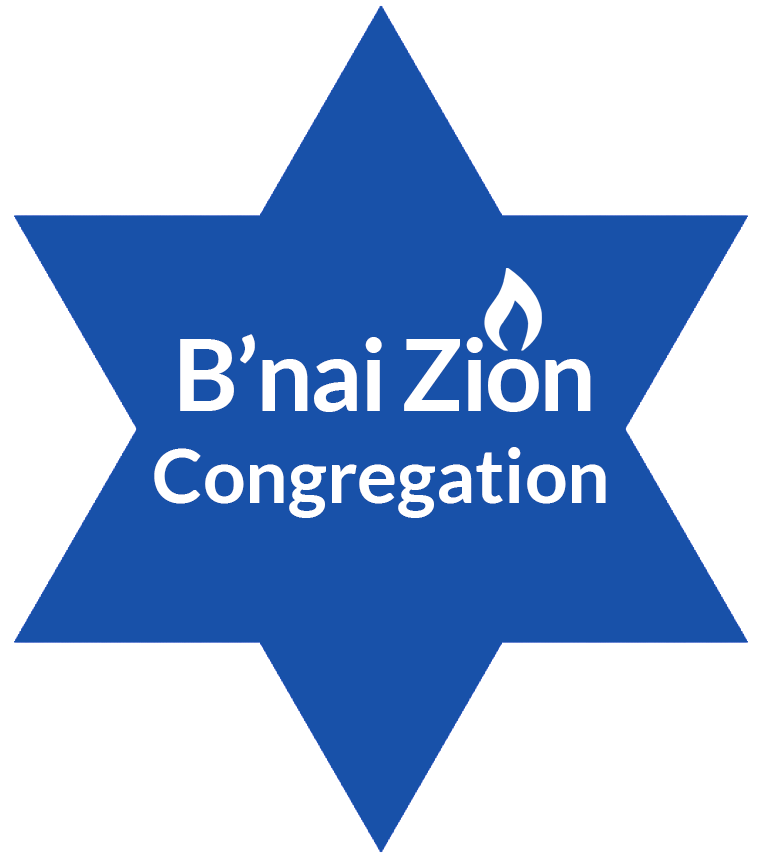Genesis 32:8
ַיִּירָ֧א יַעֲקֹ֛ב מְאֹ֖ד וַיֵּ֣צֶר ל֑וֹ וַיַּ֜חַץ אֶת־הָעָ֣ם אֲשֶׁר־אִתּ֗וֹ וְאֶת־הַצֹּ֧אן וְאֶת־הַבָּקָ֛ר וְהַגְּמַלִּ֖ים לִשְׁנֵ֥י מַחֲנֽוֹת׃
Jacob was greatly frightened; in his anxiety, he divided the people with him, and the flocks and herds and camels, into two camps.
Every patriarch and matriarch in the book of Genesis has a story where they act in a way that is more human than we would expect. Without going into detail, Abraham, Isaac, and Jacob are just not the best role models for fathers, nor Sarah, Rebecca, Rachel, and Leah for mothers. Regarding sibling relationships, there is much to be desired from everyone in Genesis. For a book delineating the tales of our founding forefathers and foremothers, we ought to be surprised that such imperfections were not excluded from the text.
This is not an accident. If our founding mothers and fathers were perfect, what kind of role models could they be? It is because they are human that we can have a relationship with them. None were perfect, yet all pursued a higher moral calling, and maintained a constant connection to God. I like to imagine Jacob at this moment in our Torah portion, afraid of his brother; genuinely scared at what the next day would bring. He had a promise of protection from God, yet still he was exceedingly nervous, like any person might feel before confronting someone they hurt. Sit with that for a second. Let it remind us that Jacob was human. Remembering that he was human gives us permission to be human too. Seeing him nevertheless strive for goodness and a connection with the divine means we can do the same even when we feel unworthy, because that path toward righteousness doesn’t mean perfection. It means acknowledging our flaws and continuously striving for growth.
